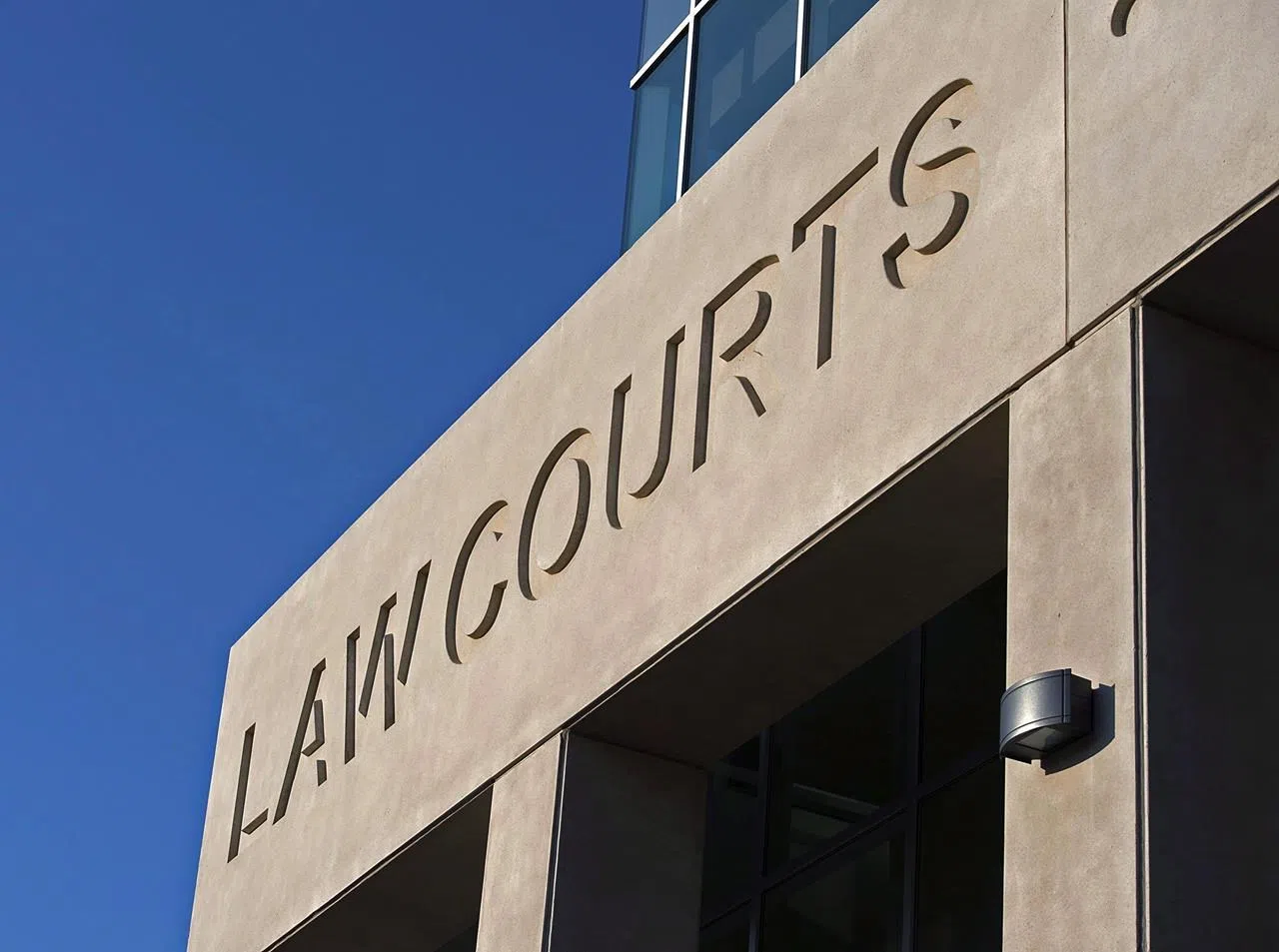
Public dispute among New Brunswick judges is ‘extraordinary,’ professor says
FREDERICTON — A New Brunswick law professor says a disagreement between judges that’s playing out in public is “extraordinary” and does little to promote public confidence in the administration of justice.
“This is an unprecedented situation,” said Nicole O’Byrne, of the University of New Brunswick.
Justice George Rideout of the Court of Queen’s Bench wrote a letter to Chief Justice David Smith in December accusing him of breaking the law and calling on him to resign.
At issue is a change made by the provincial government last year to the Judicature Act requiring the chief justice to get Attorney General Denis Landry’s approval before moving judges from one place of residence to another.


